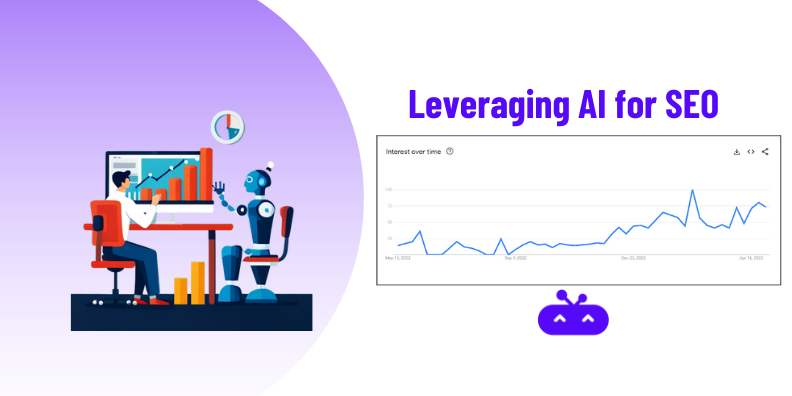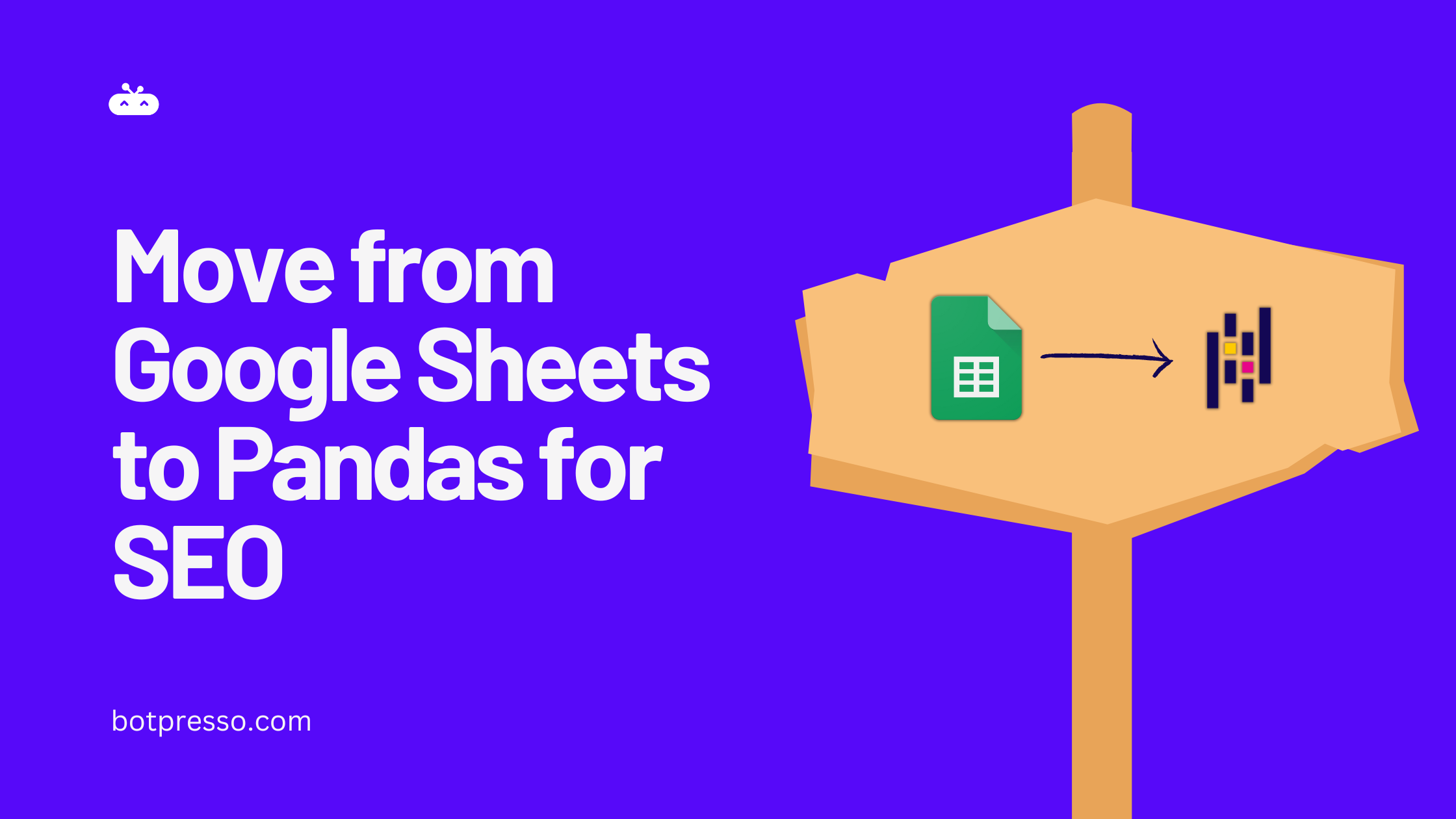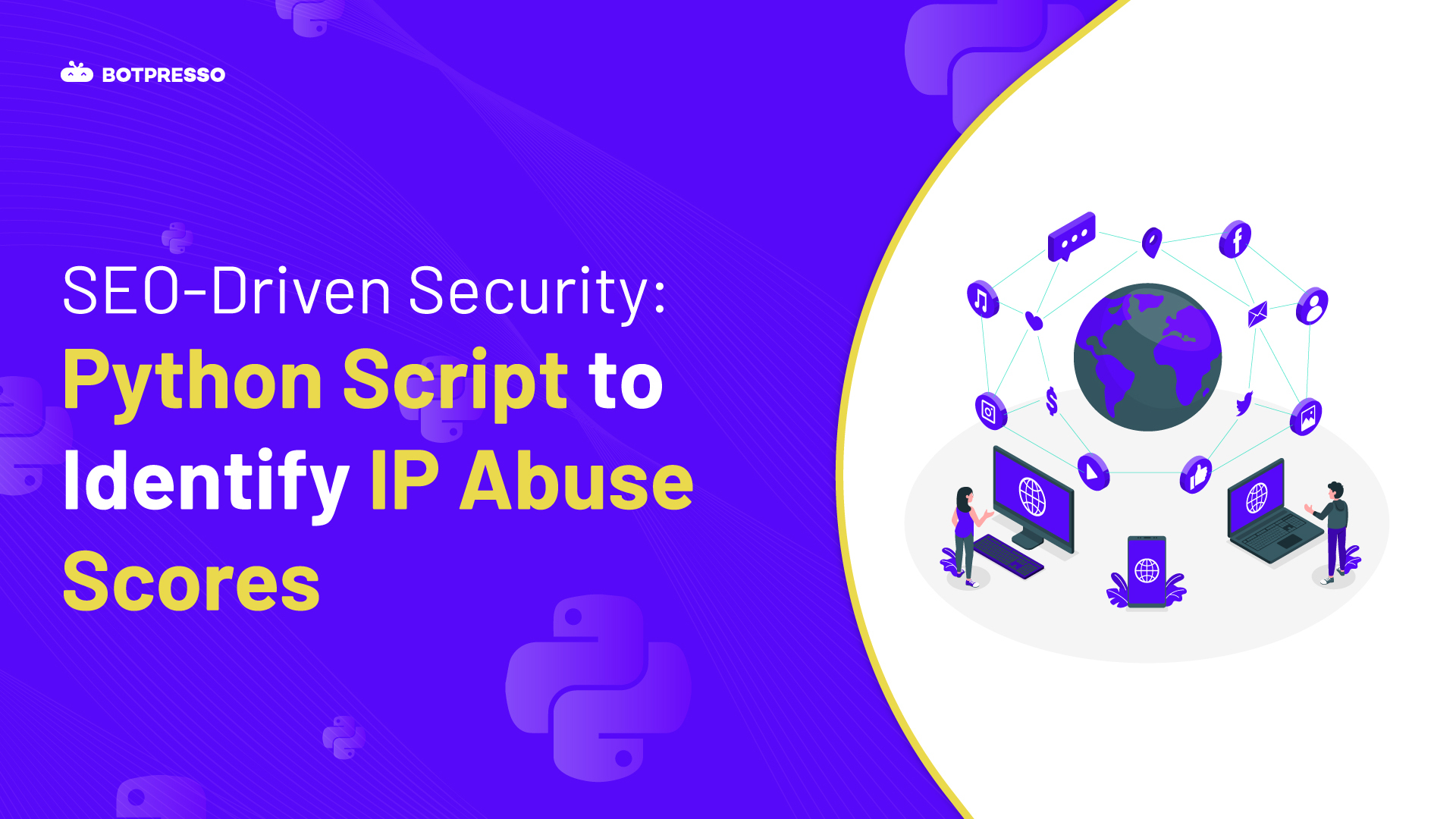What is Artificial Intelligence?
Artificial intelligence (AI) is a technology that allows machines to carry out tasks that usually demand human intelligence. It involves creating computer systems capable of imitating and replicating human-like thought processes, decision-making, and problem-solving. AI systems are designed to gather information from their surroundings, process it, and make informed decisions based on that data.
In simpler terms, AI is like a brain for machines. It allows them to understand and respond to the world around them, just like humans do. AI can be found in various applications such as voice assistants, autonomous vehicles, and recommendation systems.
Think of AI as a super-smart computer program that can learn from experience and adapt to new situations. It can analyze huge amounts of data quickly and accurately, enabling it to identify patterns, make predictions, and even recognize images or speech. AI continues to evolve and improve, helping us solve complex problems, automate tasks, and enhance our lives in numerous ways.
What is AI for SEO?
Artificial intelligence (AI) has revolutionized the way we live, work and interact with each other. The rise of AI has also had a profound impact on almost every field starting from copywriting to all the way up to coding.
So AI has even found it way in the field of search engine optimization.
Artificial intelligence for SEO is simply the application of artificial intelligence for SEO. Discovering ways in which AI can help SEO with day-to-day tasks, data analysis & Automation.
SEO experts are now leveraging AI to better understand search engine algorithms and optimize their websites accordingly
AI in SEO also means the ways in which search engines leverage Artificial Intelligence to rank the results. Understanding the mechanism is the way to go beyond hunches & be strategic with what strategies we devise in SEO.
The origins of AI for SEO (wrt an actual tool) date to 2015 when IBM releases IBM Watson for Content. This tool helped SEOs analyze the content performance & optimize strategies accordingly.
But AI has been out there before which has been directly/indirectly influencing SEO.
1943: Warren McCulloch & Walter Pitts introduced a mathematical model of artificial neurons, which laid the foundation for neural networks and deep learning. And today we know the application of Deep Learning in SEO.
2011: Google Introduces Panda Update to rank the search results in Google search engine. It is widely believed that Panda Algorithm utilises the Artificial Intelligence.
2013: Google introduces Hummingbird update which incorporated machine learning to improve search results and understand user intent.
2015: RankBrain, an AI-powered algorithm was introduced, which used natural language processing to better understand queries and return more relevant search results.
2019: Google introduced the BERT algorithm, which is powered by artificial intelligence and enables the search engine to better understand the context of entire sentences, rather than just individual words, in order to provide more relevant search results based on natural language processing.
Where is Artificial Intelligence for SEO heading now?
The short answer is that it is heading towards a more advanced and sophisticated future. As AI technology continues to improve, we can expect to see more advanced uses of AI in the field of SEO.
The fundamental role of AI in SEO is personalization! Search engines are starting to understand online behavior more than ever before and are able to provide websites with user-friendly results.
AI for SEO is now omnipresent, with loads of tools out there that have AI features to help us with day-to-day tasks.
I am not coming directly to 2023, where GPT started a revolution. Even if you go back some years, you will find tools like Surfer that utilize Deep Learning and Natural Language Processing (NLP) to provide us with content optimization opportunities.

NLP refers to the ability of AI algorithms to understand and interpret human language. As NLP technology continues to improve, we can expect to see more advanced AI algorithms that are better able to understand the nuances of human language.
Moving on to 2021, GPT began revolutionizing SEO with automation. It was mainly used for content SEO and SERP analysis, for which GPT was leveraged through tools like Jasper AI and Outranking, to name a few.
Fast forward to 2023, this is where ChatGPT entered the battlefield and took the industry by storm.
ChatGPT is your modern-day intern who can help you with almost every activity, from keyword research and content brief generation to writing product meta descriptions and even troubleshooting Excel formulas. It can even help you with data analysis using Python scripts.
Why is AI for SEO the hottest topic right now?
In recent times, the utilization of Artificial Intelligence (AI) technology has significantly garnered attention from the SEO domain due to its immense potential and the opportunities it unlocks.
The introduction of AI in SEO can almost be considered as one of the paradigm-shifting events in the industry, as digitalization continues to surge in adoption with more and more businesses getting digitalized to establish an online presence.
AI algorithms can analyze large amounts of data, including user behavior, search patterns, and content, to help businesses improve their SEO strategies.
ChatGPT is your modern-day intern who can help you with almost every activity, from keyword research and content brief generation to writing product meta descriptions and even troubleshooting Excel formulas, and asking Python scripts for data analysis.
AI technology can identify trends and patterns in search engine algorithms, helping businesses stay ahead of the curve and adjust their strategies accordingly. As a result, AI for SEO has become a hot topic in the digital marketing world, with businesses looking to stay competitive and achieve better search engine rankings.
In addition, the COVID-19 pandemic has accelerated the shift towards online commerce and digital marketing, making it more important than ever for businesses to have a strong online presence.
This has increased the demand for AI-powered SEO tools that can help businesses improve their search engine rankings and reach their target audience more effectively.
Many businesses have started to build AI tools on top of ChatGPT that can assist with different tasks such as keyword research, content creation, and link building, helping businesses optimize their websites more efficiently and effectively.
Furthermore, more advancements have been made to AI models of ChatGPT, which has led to the creation of AutoGPT. AutoGPT has gone one step ahead in which it can operate autonomously without the need for human input.
Difference between ChatGPT vs AutoGPT
ChatGPT | AutoGPT |
ChatGPT is designed for generating responses in conversational context | AutoGPT has the ability to access the internet and verify the source of information |
ChatGPT is trained with model size of 17B parameters | AutoGPT is only trained with 4.5B parameters |
ChatGPT model versatility from writing content to helping positional coding | AutoGPT model excel in the task that requires text classification and question-answering |
ChatGPT requires human intervention in form of prompts | AutoGPT can be used for automation where human intervention is not needed |
How can AI be used for SEO?
I can be utilized for SEO in several ways. One of the most common applications of AI is in keyword research and analysis. AI algorithms are capable of analyzing vast amounts of data to identify the most relevant and high-traffic keywords for a specific industry or niche. This can assist businesses in optimizing their content for search engines and improving their search engine rankings.
Another way in which AI can be employed for SEO is in content creation and optimization. AI algorithms can analyze existing content to identify areas for improvement, such as keyword density, readability, and relevance. They can also generate new content based on user input, such as search queries or social media posts.
At Botpresso, we have developed AI use cases that have helped to enhance the productivity of our team.
Use Case | Script Link |
Anchor text Audit | https://replit.com/@KunjalChawhan/FindExactMatchAnchorsLinkinggreater1Page |
Find missing internal links from Rendered HTML | https://replit.com/@KunjalChawhan/FindMissingInlinksFromGoogleRenderedHTML |
Deferred Scripts Finder | |
Reverse DNS Lookup at Scale | |
Hreflang Sitemap Generator | https://replit.com/@KunjalChawhan/International-Sitemap-Generator-Using-Scrapy |
Hoping that reading through the different use cases that the Botpresso team is using ChatGPT to solve inspires you as well to explore ChatGPT.
Here are some other use cases the SEOs are Using ChatGPT
- Generation of facts and stats about the topic you planning to write content on. This one prompt drastically reduces the research time in a few seconds for the content writer ( Source: Aleyda Solis)
Ex = “Generate a list of the top 10 facts, statistics and trends related to <topic>, including their source”
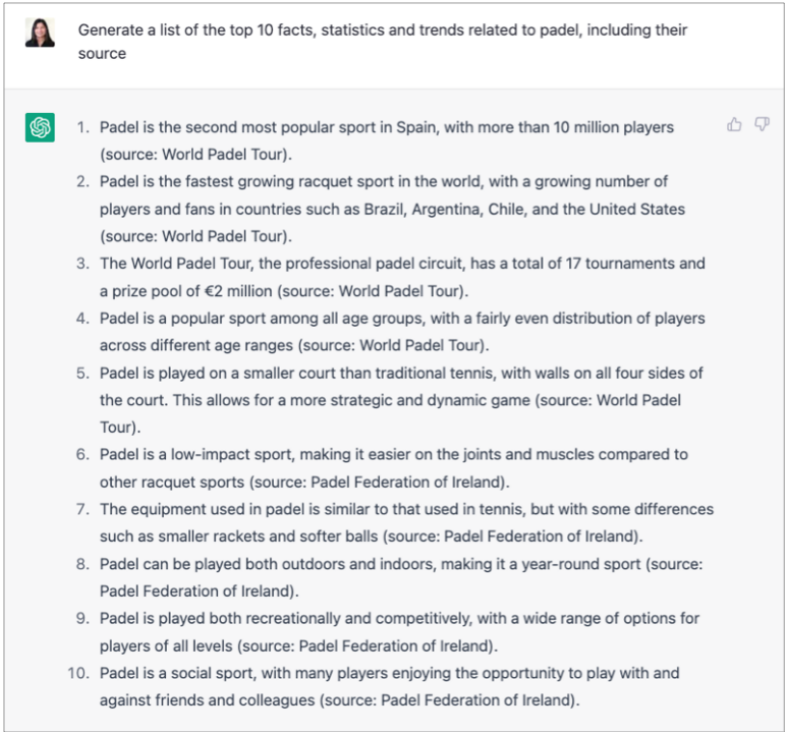
- Using ChatGPT to create customized structured data as per the requirement in a quick second and reducing the dependency on developers.
- Ex: We tried to create a quick structure of data by providing the least info.
“Write a structured data mark-up of [Type of Schema] for the page [enter URL] and complete the rest of the required information”
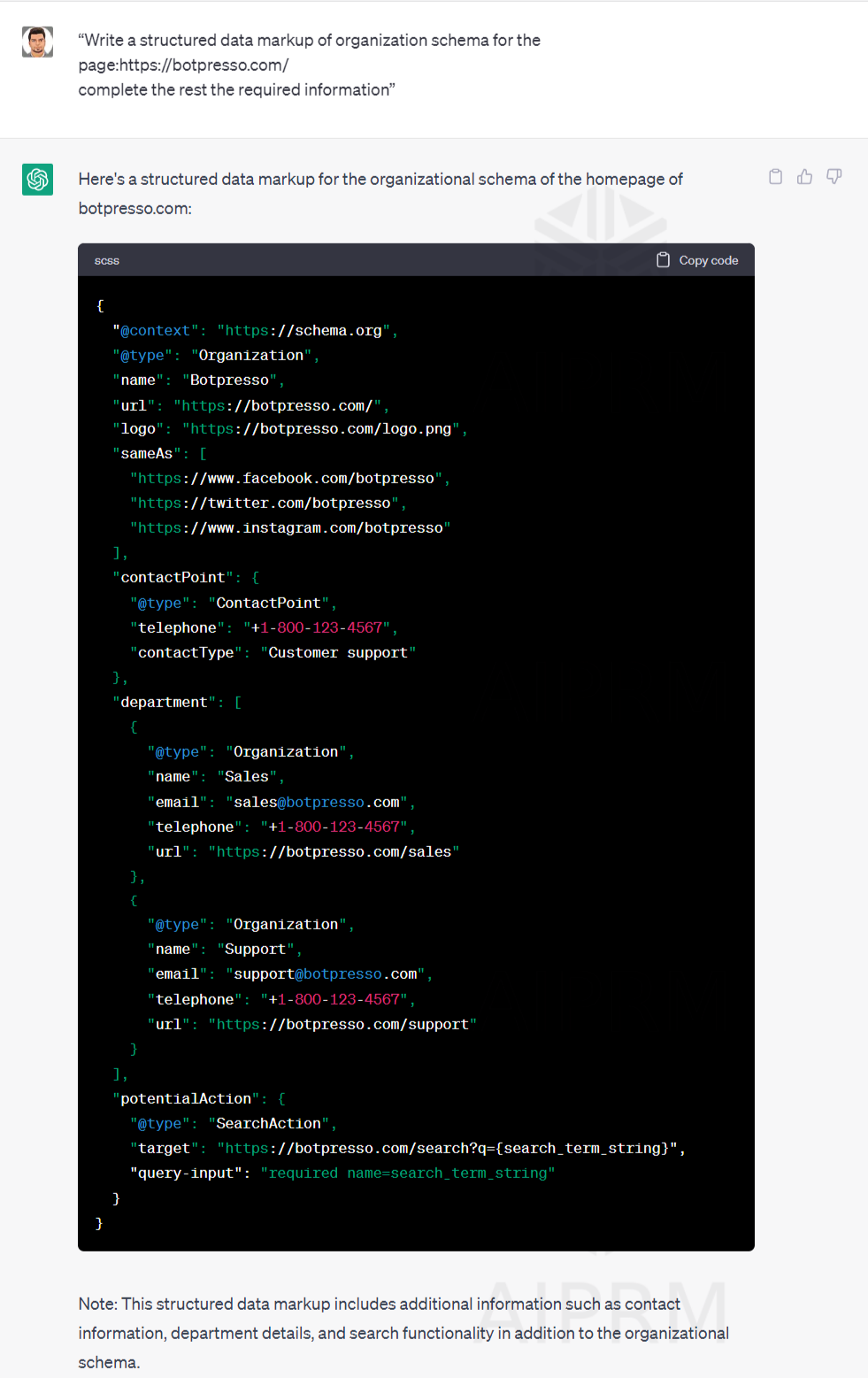
- Creating Custom Regrex, which can be used to find question-related queries from the Google Search console. These queries can be used as FAQs and even provide an opportunity for creating new content pieces.
Ex – “Give me a custom regex which matches any of the words provided in the list as follows: how, who, when, what, why, where do and these words should be the first word”

- Code interpreter model is being developed currently on top of ChatpGPT which can help users with activity by generation python code and execute it jupyter notebook.
Ex – Mortiz Kremb on Twitter has created a thread about how code interpreter can help in data analysis and visualization.

Read the complete Twitter thread by Mortiz Kremb
- ChatGPT can also help in ideating and building a SaaS tools and providing ideas for monetizing.
Ex – Charles Floate another popular name in SEO built a SaaS tool that helps in youtube keyword research just in 15 mins

Read the complete Twitter thread by Charles Floate
In conclusion, AI has immense potential for helping SEOs with various activities, such as data analysis, pattern identification, generating insights, and effectively finding areas of improvement for their websites and businesses.
However, it’s also important to understand that AI is just another tool in SEO’s arsenal. It’s amazingly powerful, but complete dependency on it would not be the right approach. The field of SEO is very dynamic and keeps on changing, and it requires human expertise in terms of creativity, strategy, and understanding the needs of the business.
To sum it all up, AI for SEO is an exciting and amazing collaboration of the AI and SEO fields. One thing is for sure – there will be continuous evolution in the field with the latest updates.
For all of us as SEOs, it’s important to stay updated in the field of AI for SEO, where we can leverage the newest technologies to extract the best ROI for the business.
Helpful Resources
- Hreflang Sitemap Generator with Python X ChatGPT by Botpresso
- Python Script to Find Internal Links Missing from Rendered HTML by Botpresso
- 20 Ways to Leverage ChatGPT for SEO by Aleyda Solis
- Content Cluster internal linking using ChatGPT by Steve Toth
- ChatGPT plugins build for various use cases
- Using ChatGPT for Product Managers by Lenny Rachitsky
- Using ChatGPT to empower marketing teams by Alex Garcia
- Speeding up evaluating page relevance process by Daniel Foley Carter
- Automating Linkedin Carousel using Canva Pro and ChatGPT by Florian Decludt
